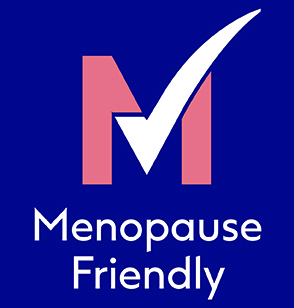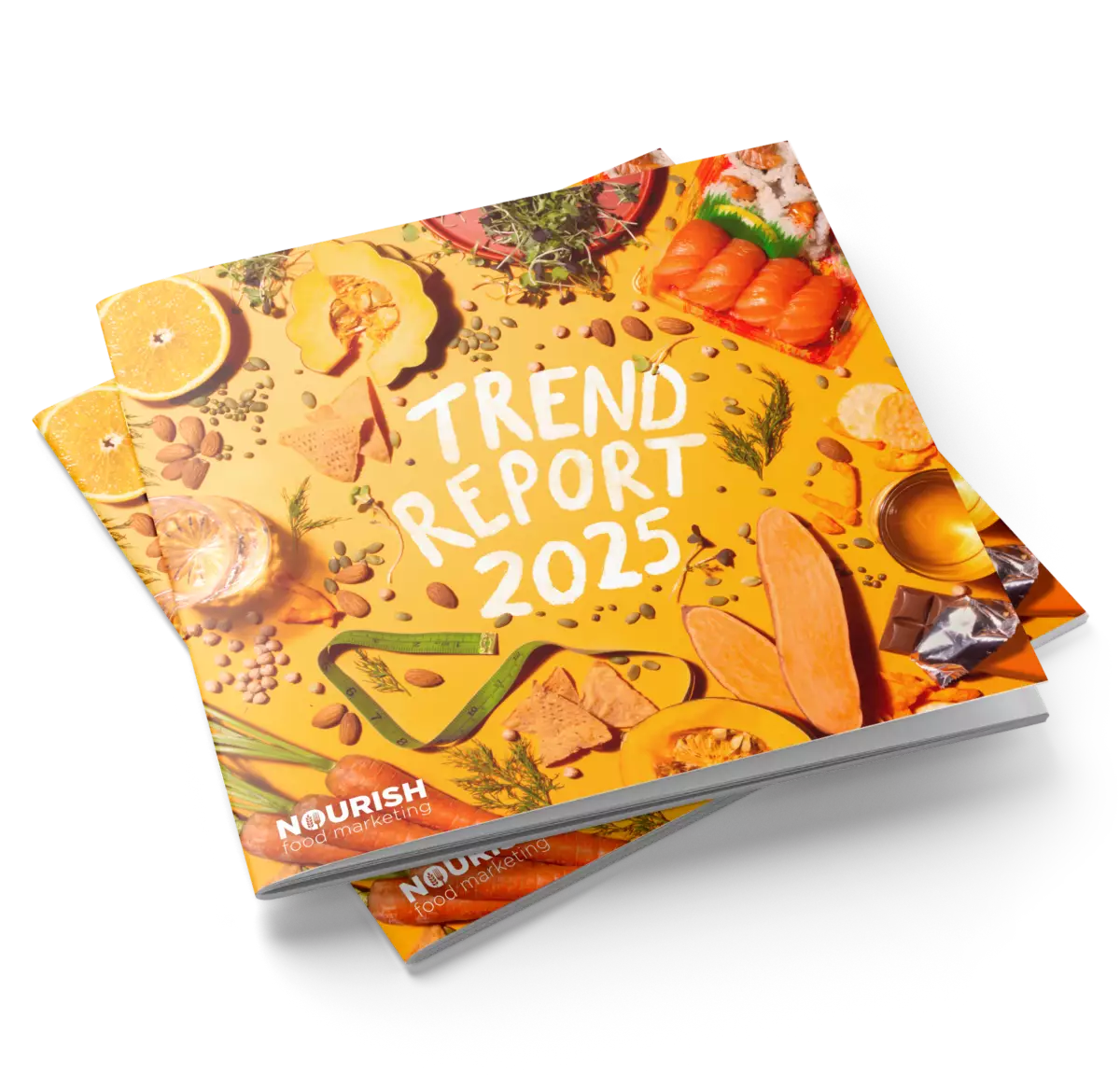by Nourish President Jo-Ann McArthur
We celebrated International Women’s Day with gusto at Nourish, a 100% female-owned and managed business. But perhaps the best way to celebrate and support women is to recognize that we are not just smaller men and have different monthly cycles and life stages. A lot of businesses still fail to acknowledge this. Need proof? Data from Spoonshot reveals consumer interest in women’s health is 4.2 times greater than business interest. Why is the food & beverage industry overlooking this untapped gold mine?
I recently spoke about food trends to a group of grocery executives. When I talked about the opportunity for female food, a woman in the audience mentioned that she had tried to cross-merchandise chocolate in the feminine hygiene section but had been turned down. The women in the room nodded and clapped while the men looked quizzically. If you don’t understand why this makes sense, ask a female in your family.
We first wrote about the food personalization trend in our 2018 Nourish Trend Report, and it’s still growing in importance, particularly with younger generations. Consumers continue to take control of their health and well-being, with food seen as the first and easiest line of defence; they prefer to get their nutrients from food rather than supplements. A recent focus on women’s health, with a nine-fold increase in published research papers between 2010 and 2020, promises to unlock more opportunities for food manufacturers. If you service the gluten-free niche with distinct offerings or a store section, why not consider a larger addressable market of over 50% of the population?
The time for straight talk has come — hasn’t it?
Females have hormonal, emotional, and digestive challenges throughout the month and each life stage, encompassing different food cravings and nutritional needs. Thanks to social media and younger generations, these are no longer taboo topics. Gone (hopefully) are the days of suffering in silence through menopause, PMS, and the rest of the gang.
There are opportunities beyond the usual PMS tea in health stores. For example, UK drugstore chain Boots just launched a new symbol to identify menopause-friendly products and services within its stores.

Do you have existing products high in nutrients like calcium, isoflavones, magnesium, and collagen that deserve a call-out? How can you appeal to this unaddressed market? One thing we can guarantee about the future is that someone will disrupt the status quo. Will it be you?
If you’re interested in learning more about female health and nutrition, I recommend this recent episode from the Eat Move Think podcast, “What Every Woman Needs to Know About Her Nutrition.” It’s a (metaphorical) eye-opener!
